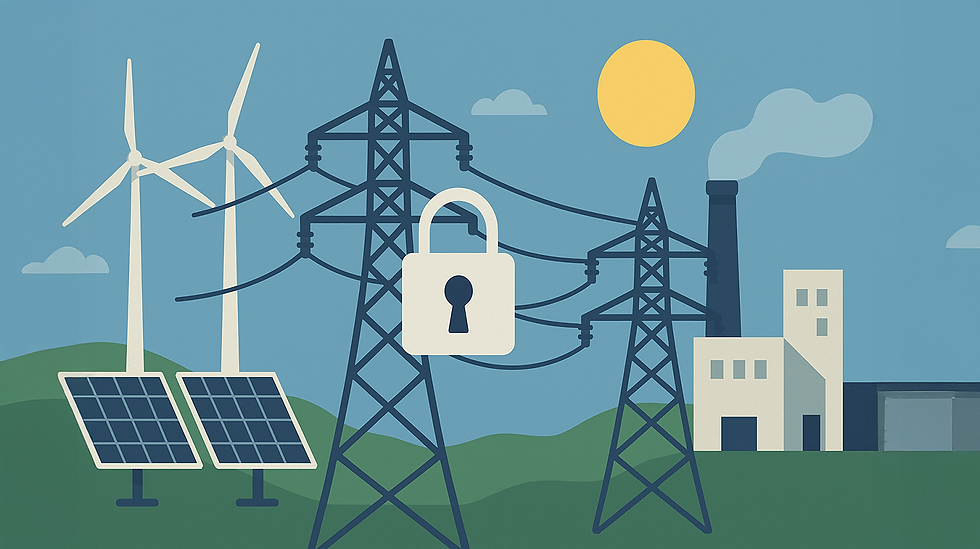Offshore Drilling and Marine Pollution
- Yaein Choi

- Jun 15, 2023
- 3 min read

Offshore drilling has long been a critical component of meeting the world's energy demands. However, this practice comes with significant environmental consequences, particularly concerning marine pollution. In this blog post, we will explore the various ways in which offshore drilling impacts marine ecosystems and wildlife, contributing to pollution in our oceans. Understanding these effects is crucial in shaping policies and practices to mitigate the environmental damage while striving for a sustainable energy future.
One of the most devastating effects of offshore drilling on marine pollution is the risk of oil spills. Accidents during drilling, transportation, or extraction can lead to the release of vast amounts of crude oil into the ocean. These spills can have catastrophic consequences for marine life, coastal habitats, and local economies. The spilled oil forms toxic slicks that coat the ocean surface, infiltrating delicate marine ecosystems and disrupting the natural balance of marine biodiversity.
During the extraction process, significant amounts of produced water, a mixture of oil, gas, and drilling fluids, are brought to the surface along with the extracted oil. This water often contains harmful chemicals and heavy metals. In some cases, this produced water is discharged back into the ocean, potentially causing contamination of marine environments.
Moreover, chemicals used during drilling operations, such as lubricants, drilling muds, and solvents, can find their way into the ocean through accidental spills or deliberate discharges. These substances can harm marine life, disrupt food chains, and accumulate in the tissues of marine organisms, ultimately impacting human health when seafood is consumed.
Offshore drilling activities generate significant noise pollution underwater. The noise from drilling rigs, seismic surveys, and construction activities can disturb and disorient marine animals, including whales, dolphins, and other sensitive species that rely on sound for communication, navigation, and hunting. Prolonged exposure to this underwater noise can disrupt mating patterns, cause stress, and lead to stranding events.
The construction and operation of offshore drilling rigs can lead to habitat destruction and alteration. The installation of platforms and pipelines can damage delicate seafloor habitats and disrupt the natural flow of sediment and nutrients. These disturbances can have cascading effects on marine ecosystems, affecting the abundance and diversity of marine species.
Offshore drilling also contributes to air pollution, releasing greenhouse gases and other harmful pollutants into the atmosphere. These emissions can lead to smog, acid rain, and contribute to climate change. Additionally, carbon dioxide from burning fossil fuels is absorbed by the oceans, causing ocean acidification, which poses a significant threat to marine organisms with calcium carbonate-based structures like corals and shellfish.
The cumulative effect of offshore drilling and its associated pollution can lead to long-term changes in marine biodiversity. The loss of certain species can have cascading effects throughout the ecosystem, disrupting food chains and altering ecosystem dynamics. Moreover, some species may become endangered or extinct due to the environmental pressures induced by offshore drilling activities.
Offshore drilling has undoubtedly been instrumental in meeting global energy demands, but its environmental consequences, particularly marine pollution, cannot be ignored. The impact of oil spills, the discharge of produced water and chemicals, noise pollution, habitat destruction, air pollution, and acidification all pose significant threats to marine ecosystems and biodiversity. As we move towards a more sustainable energy future, it is essential to acknowledge these environmental risks and invest in cleaner and more responsible energy alternatives. Stricter regulations, improved safety measures, and greater emphasis on renewable energy sources will be pivotal in minimizing the adverse effects of offshore drilling on marine pollution and ensuring the health and longevity of our oceans.



Comments